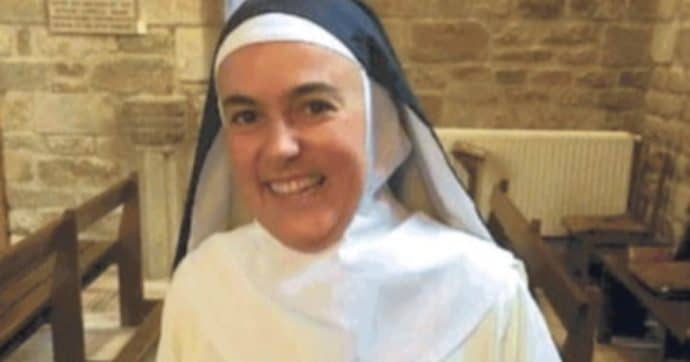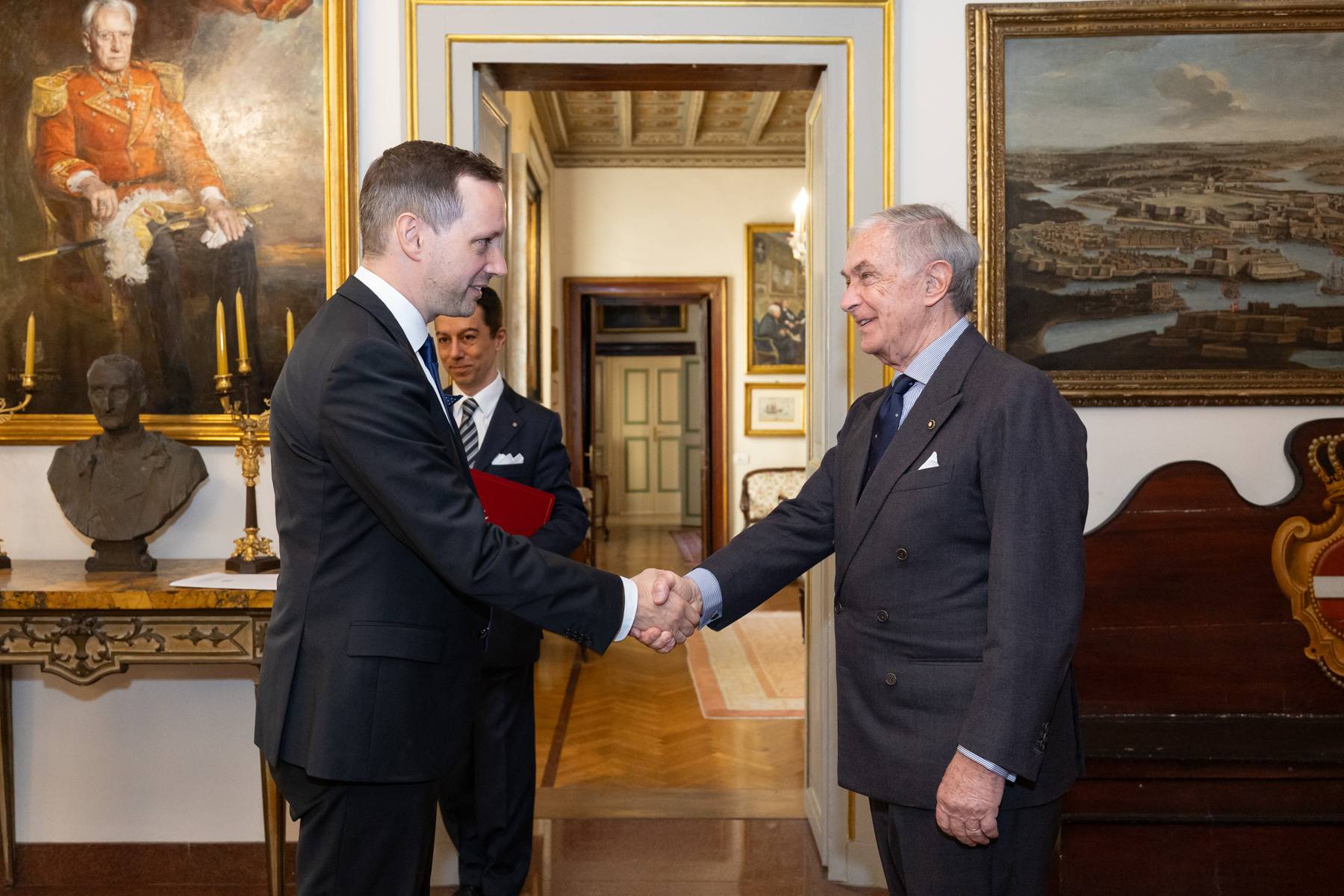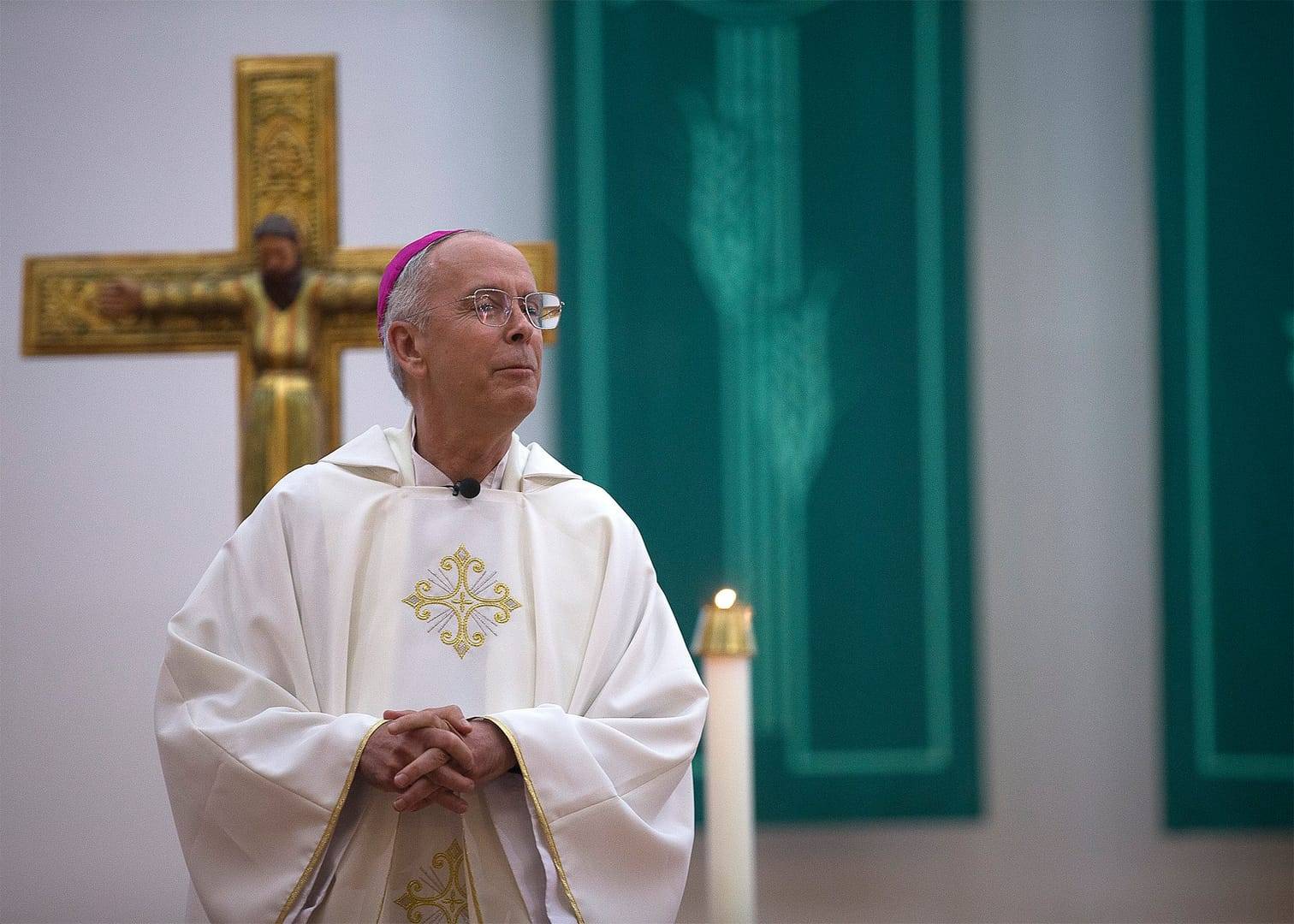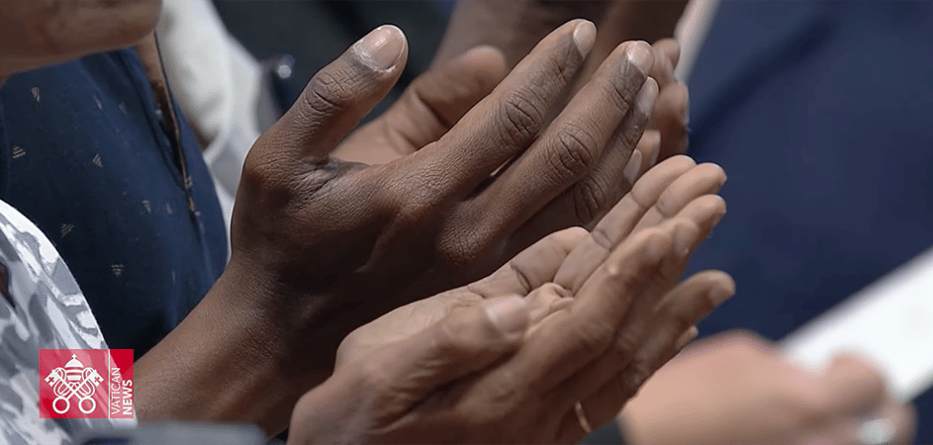ROME – As fears continue to mount over the spread of the coronavirus in Italy, several Catholic universities have ordered students studying abroad in Rome to return home – a move some have called extreme.
In a Feb. 28 statement, Duquesne University, one of the top Catholic universities in the United States, announced that it had decided that when a given country reached level three of the Center for Disease Control’s (CDC) risk factor chart, they would cancel pending trips to that country and facilitate the return of students and staff living there at the time.
On Friday the CDC raised the travel warning to Italy to level three. As a result, Duquesne cancelled a planned spring break trip to Italy, and some 59 students at the university’s Rome campus have been advised to return to the United States.
“We have no reason to believe there is any risk to anyone on the Duquesne University campus, and the American College Health Association has advised that there still is no basis for changing business as usual regarding housing, campus events, and other circumstances under which large groups of people will be gathering,” the statement said, noting that until now no cases of the COVID-19 virus have been reported at Duquesne University.
In January two Chinese tourists in Rome were confirmed to have the virus and immediately isolated, however, until now there have been no reported cases among Rome’s residential population.
“The move to return the students is simply adherence to the University’s policy decision and heeding the recommendations of the U.S. government,” the statement said, insisting that they are taking the utmost precautions to avoid illness and help students return safely.
Several other American Catholic universities have taken the same course of action, including the University of St Thomas, based in Minnesota, Chicago’s Loyola University, and the University of Notre Dame.
In a statement, Loyola said “students re-entering the U.S. are required to stay in place at home for a 14-day observation period.”
First detected in the Chinese city of China Wuhan, the coronavirus, officially called COVID-19, has so far infected more than 83,000 people globally, with almost 3,000 deaths. In Italy alone there have been nearly 900 cases reported and 17 deaths, marking the largest outbreak outside of Asia.
Most cases are isolated in the northern regions of the country, including Lombardy and Veneto. Officials in the area have acted swiftly to stop the spread of the virus, placing some 11 towns and more than 50,000 people under quarantine.
Numerous parishes and dioceses in the area have cancelled public Masses and common Lenten services for the foreseeable future, until the virus has been contained.
Though there have been no reported cases in Rome since January, the Roman parish of San Luigi dei Francesi in Rome, famous for housing the Caravaggio masterpiece “The Calling of St Matthew” and for hosting French-speaking pilgrims in the Eternal City, was closed as of March 1 as a “precautionary measures” when a 43-year-old priest was hospitalized in Paris after testing positive for COVID-19 upon his return from Italy.
Pope Francis, though he is not believed to have the coronavirus, has suffered from a cold since Wednesday. He has cancelled all public events since Thursday morning, holding only a few private meetings at his residence, and he announced Sunday that he would skip his annual Lenten spiritual retreat due to his cold.
RELATED: Pope Francis bails on Lenten spiritual retreat amid ongoing cold
Art historian and lecturer Elizabeth Lev, who lives in Rome full time and spends the majority of her days navigating groups through packed museums, told Crux that the reaction in her view “seems extreme.”
“While liability issues and worry of quarantine make sense, I wonder about the wisdom of frightening people into isolating themselves,” she said, noting that most of her time is spent inside the Vatican Museums, the fourth most visited museum in the world, where visitors are often crammed into small spaces and surrounded by people from all over the world.
While the economic impact of the outbreak is painfully evident, so is the climate of fear surrounding the coronavirus, “as if everyone who sneezes might be a carrier,” Lev said, adding that if society falls into “social and financial free fall for flu like symptoms, what happens one day if the threat is truly serious?”
Neither the custodians nor the guides at the Vatican museums are wearing masks, she said, noting that Rome has weathered other, serious outbreaks such as Ebola scares, SARS fears and the swine flu. “This is just another page in the history of the Eternal City.”
With work quieting down due to coronavirus fears, Lev said she is dedicating her extra free time to studying and working on book projects.
Romans, she said, are “savoring their own city” as museums are largely empty and typical tourist spots are uncharacteristically bare.
“There is real fear over the economic consequences, but mostly a fair amount of Roman humor, and good-natured conversation,” she said, noting that supermarkets are amply stocked, coffee bars are full, shops are open, kids are still in school and popular local Lenten activities are still drawing large crowds.
“I keep thinking of all the great saints who lived through pandemics over the years and how they encouraged people to care for their bodies but worry first for their souls,” Lev said, adding that as Lent opens, many people are losing money, unable to travel and possibly going stir-crazy.
Pointing to several celebrated Roman saints, she said these figures “show us the power of faith, hope and charity in times of widespread illness.”
“It would be nice if the Diocese worried a little less about Purell, contagion and the kiss of peace, and reminded us that these crises are where the great saints are forged,” she said.
Follow Elise Ann Allen on Twitter: @eliseannallen
Crux is dedicated to smart, wired and independent reporting on the Vatican and worldwide Catholic Church. That kind of reporting doesn’t come cheap, and we need your support. You can help Crux by giving a small amount monthly, or with a onetime gift. Please remember, Crux is a for-profit organization, so contributions are not tax-deductible.

















